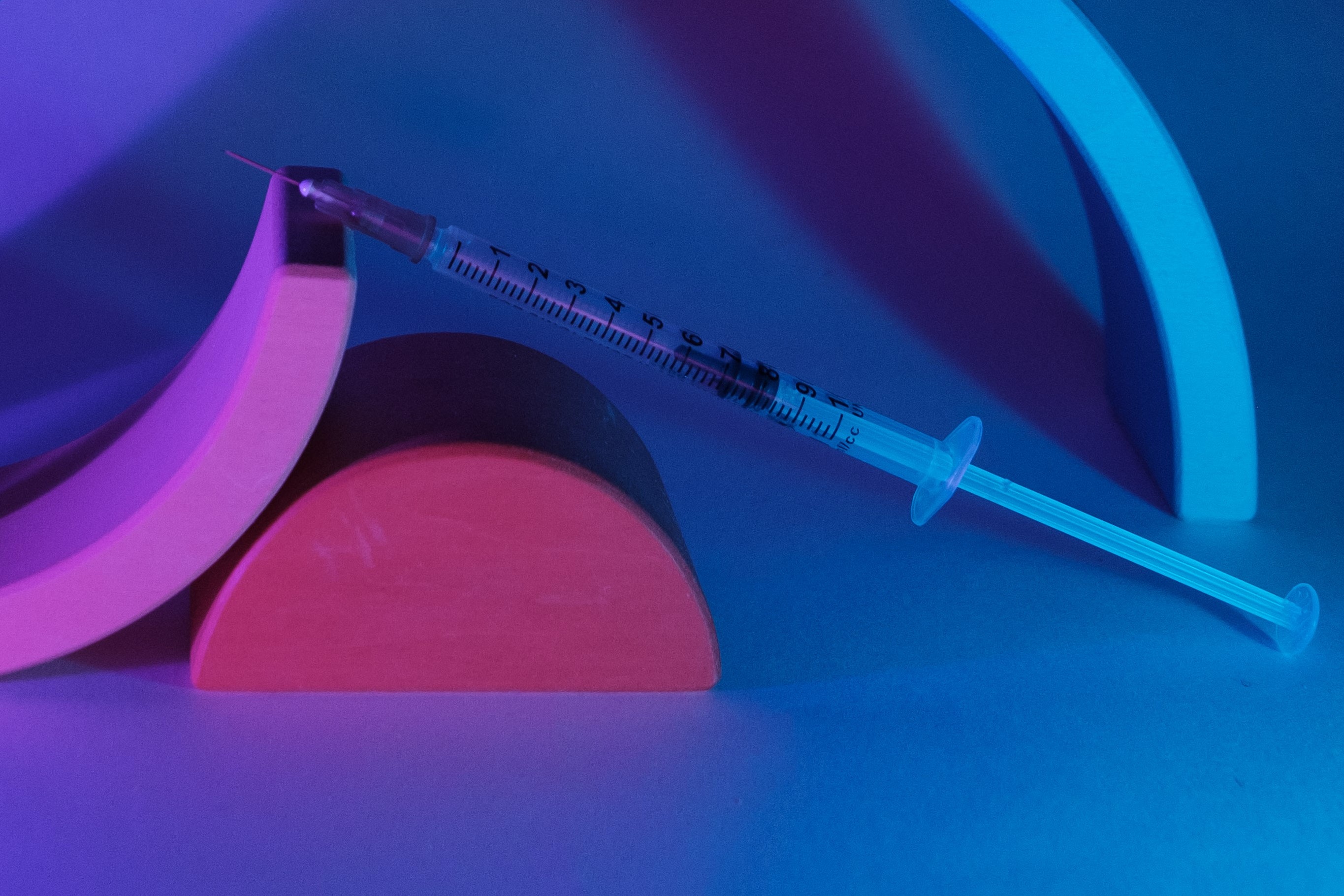From the desk of Teresa Goddard, M.S., Lead Consultant – Assistive Technology Services
When considering workplace health and safety, one often overlooked concern is the handling and disposal of medical waste such as sharps. Employees with a variety of disabilities may need to inject medication during working hours. In the case of employees with diabetes, they may use multiple needles each day. Without proper communication, employees may be unsure about how they should store and/or dispose of these medical waste materials while at work.
In many cases, employees may be accustomed to taking their needles home for disposal. A common practice is to temporarily store them in a kit with other medical supplies while away from home. Employees who have the option seem to be moving toward insulin pens instead of insulin in vials. Pen needles are small and often come with a cap to facilitate safe disposal. These small pen needles could go unnoticed in the regular trash. It is common however, to carry a zip case or diabetic supply wallet with room to temporarily store used needles or pen tips for disposal at home. For standard syringes, employees may also use specially designed clippers to remove and safely store the needle portion of a syringe. The clipper removes all but an unsharpened 1mm nub of the needle and seals the removed portion inside. Depending on the model, it may also be possible to use the side of the device to push the 1mm piece back into the plastic part of the syringe as an extra precaution before throwing the plastic portion of the syringe in a garbage can. When the receptacle is full, one throws the clipper away and replaces it.
Employers typically contact JAN when there is a concern about needle disposal either because needles have been found in garbage cans, or because someone has made a request related to proper disposal. Occasionally we have heard from employees who brought in their own sharps container with the intention of taking it home for disposal when full and were reprimanded for using it. Without guidance from an employer, employees may also resort to disposing of sharps in a regular garbage can without informing the employer.
One way to encourage proper disposal of medical waste is to provide designated sharps disposal containers. While it is not always clear whether employers must provide sharps containers, some employers opt to provide them anyway to help reduce the risk of needle sticks by janitorial staff. Providing a designated disposal space also can help to prevent uncertainty about what to do with used sharps.
If the decision is made to install sharps disposal units, it may be helpful to consult the Access Board regarding the appropriate mounting height for such a container. The Access Board offers technical assistance on the ADA Accessibility Guidelines.
There are also state-level laws governing sharps disposal. Employers may want to familiarize themselves with these laws when considering waste disposal policies. This resource on sharps disposal may help: SafeNeedleDisposal.org.
There are various ways to meet medical waste disposal needs. One option is to place sharps containers in a small number of restrooms near the affected employee's workstation and/or near common areas. Another approach is to designate a space for employees to privately take care of medical needs and place a sharps container in that room. Tamper resistant disposal units are available. In some cases, employees may provide or be allowed to bring in a small portable sharps container to place in a desk drawer at their workstation. A locking drawer may be helpful in protecting privacy. In many parts of the country it is legal to dispose of one's personal needles using an alternate or repurposed container such as a laundry detergent bottle that is later sealed and placed in the garbage can. If employers prefer commercial sharps containers, they may want to consider providing such a container for use at work.
If you want to discuss this, or any other accommodation issue, please contact JAN.


